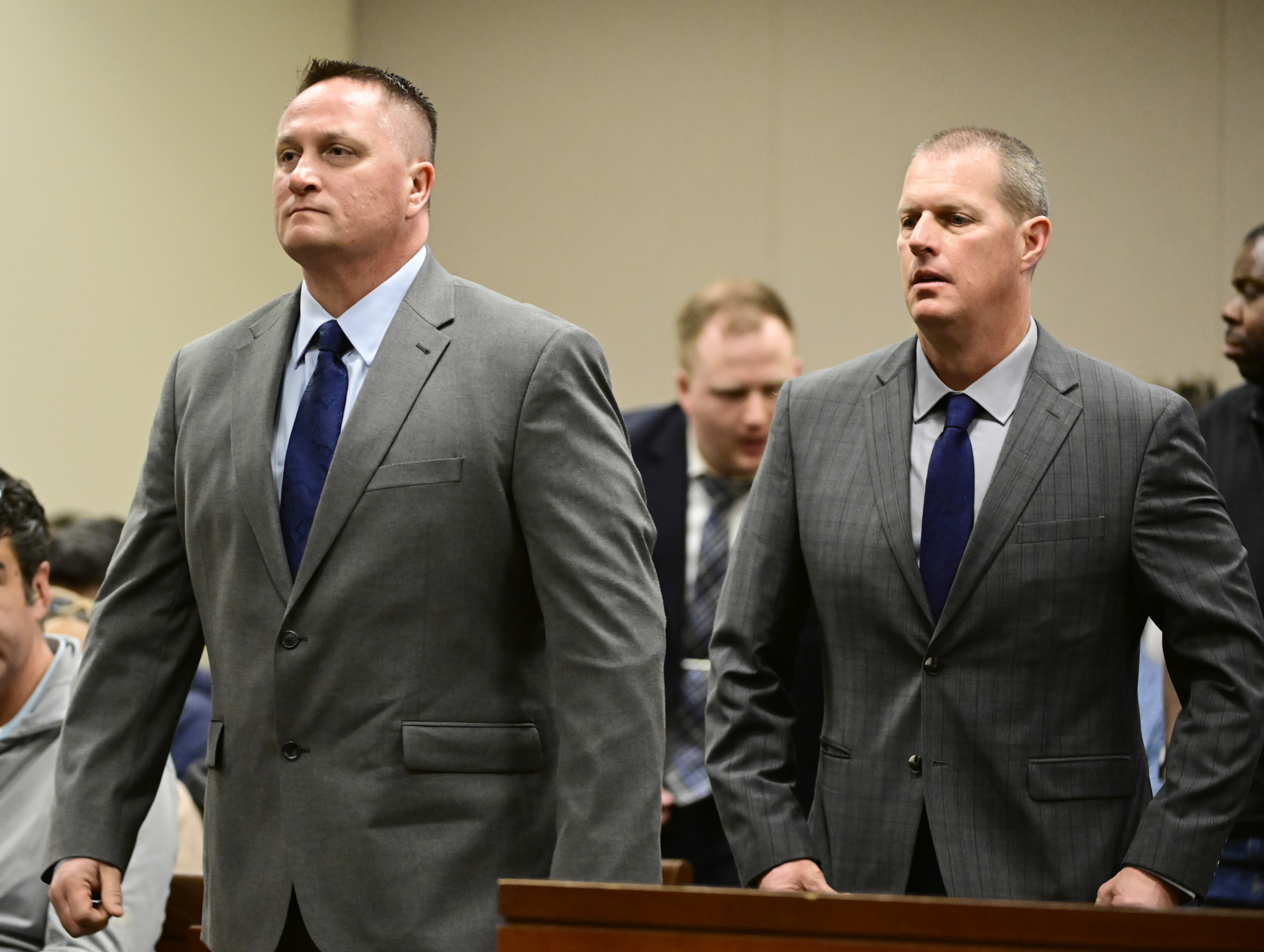Some Facebook users who are trying to find or communicate with missing family members in Haiti may find themselves out of luck on the social networking site if they send too many messages.
“In the wake of the disaster in Haiti, some Facebook users have sent numerous messages at a rapid rate," said Andrew Noyes, Facebook's public policy communications manager. “In very rare cases, users may have triggered an automatic system that is intended to prevent spam,” and found themselves blocked from sending any more messages.
The company declines to say what the message limit is — mainly to deter spammers from trying to beat the system. But, said Noyes, users are always given warnings “when they’re getting close to hitting the limit for a given feature.”
When that limit is hit, he said, and “after a certain number of warnings, (users) must go through a process that educates them about how they may have been misusing our features. At that point, access is fully restored. Those who do not comply could be temporarily disabled.”
Both Twitter, the micro-blogging site, and Facebook, which has more than 350 million members worldwide, have been key avenues of communication for those trying to get and to provide information about what is going on in Haiti, or to reach loved ones, following Tuesday's devastating earthquake.
“Every minute” since the quake became known, “people have been posting more than 1,500 'status' updates on Facebook that contained the word ‘Haiti,’” said Facebook marketing director Randi Zuckerberg on Facebook.
Facebook has a limit (on messages), but it's not a flat number," said Nick O'Neill, founder and editor of AllFacebook.com, a blog about Facebook. “It's based on a number of factors, including the number of friends you have and the number of messages you get on a daily basis.”
U.S. & World
Noyes said it's not yet known how the volume of site traffic tied to the earthquake compares to two other news events of worldwide interest in the past year, the Iranian presidential election and Michael Jackson's death.
Zuckerberg, who manages Facebook's relationships with nonprofit groups, and is co-founder Mark Zuckerberg's sister, Thursday introduced the site's “Global Relief” page, where Facebook users “can educate themselves and find out how to help not only in Haiti but wherever disaster and misfortune may strike.”
She also said she hopes the page will be a “collaborative resource for individuals, non-profits, governments and industry to raise awareness for those in need around the world.”
In the meantime, information about Facebook's limits are posted on the site's “help” page, including this reponse regarding being blocked from sending messages:
“Facebook has determined that you were sending messages at a rate that is likely to be abusive. Please note that these blocks can last anywhere from a few hours to a few days. Unfortunately, we cannot lift the block for you.
“When you are allowed to resume sending messages, keep in mind that it’s possible to run into a block based on how many messages you send and how fast you send them. It’s also possible to be blocked when either starting a new message thread or replying to a message.
“Lastly, deleting old messages will not allow you to send more messages. In the future, please proceed with caution to avoid hitting the limit again. Please be aware that further abuse of such features can result in your account being permanently disabled.”
Users who are blocked “can always write to our appeals queue if they feel they’ve been treated unjustly,” using the "contact" for in the “warnings” section of the help page.
“We’re always adjusting and fine-tuning these systems based on how people are using the site and we’re looking into the behavior we’re seeing out of Haiti to analyze how our systems might be improved” he said.



